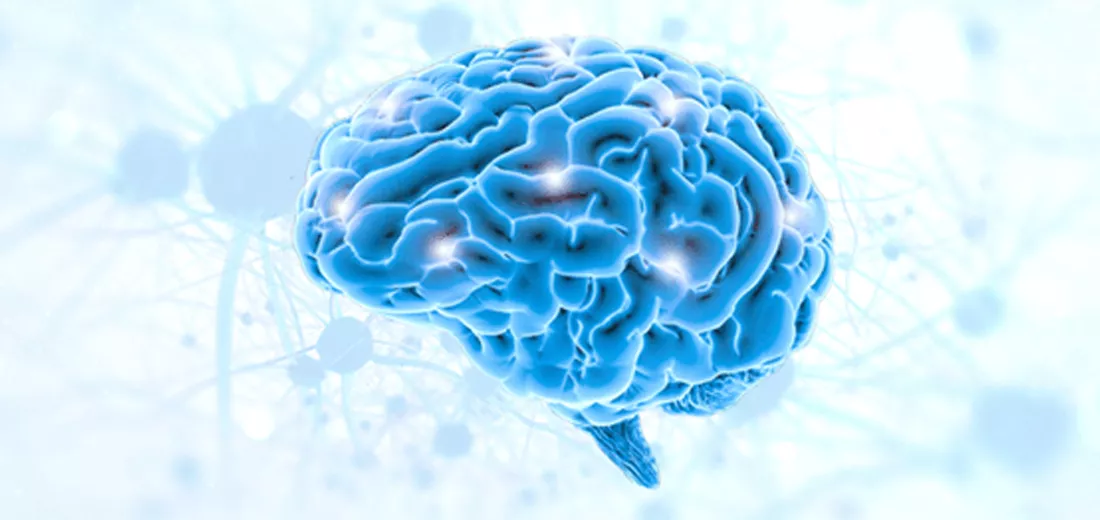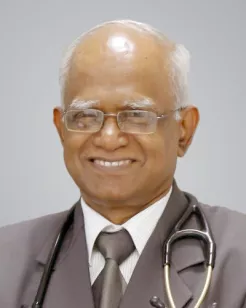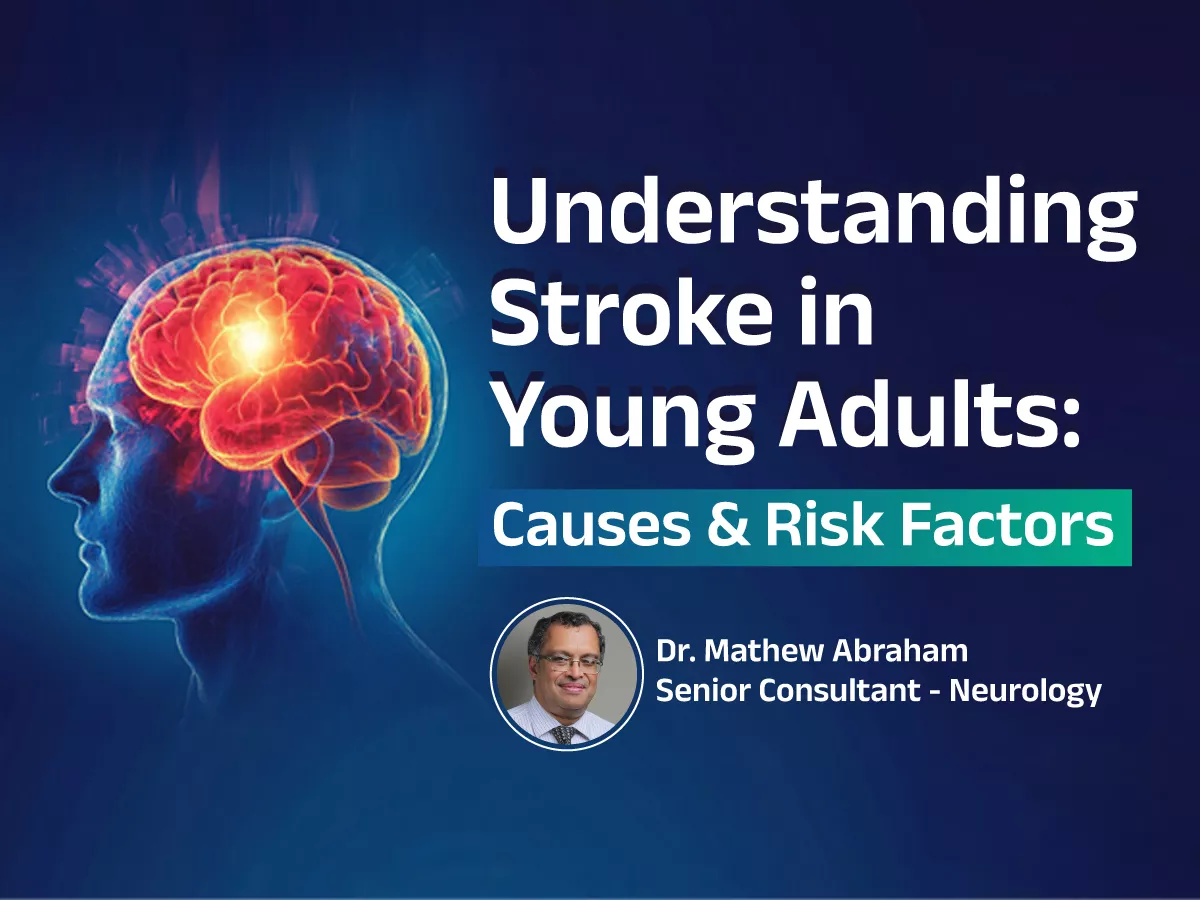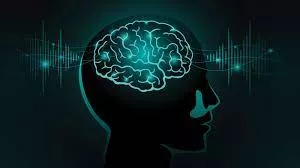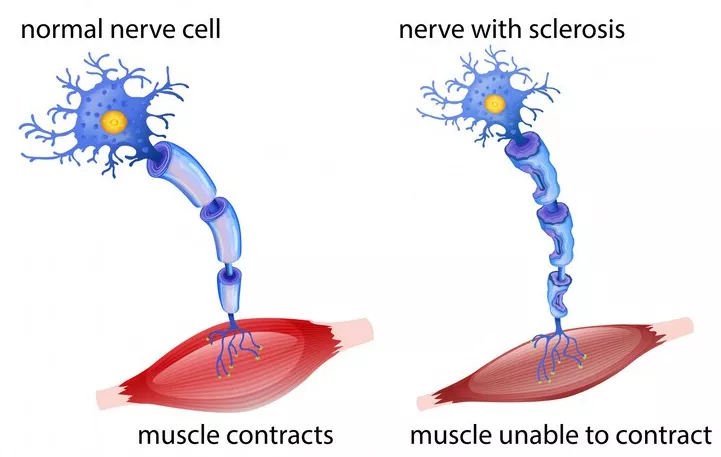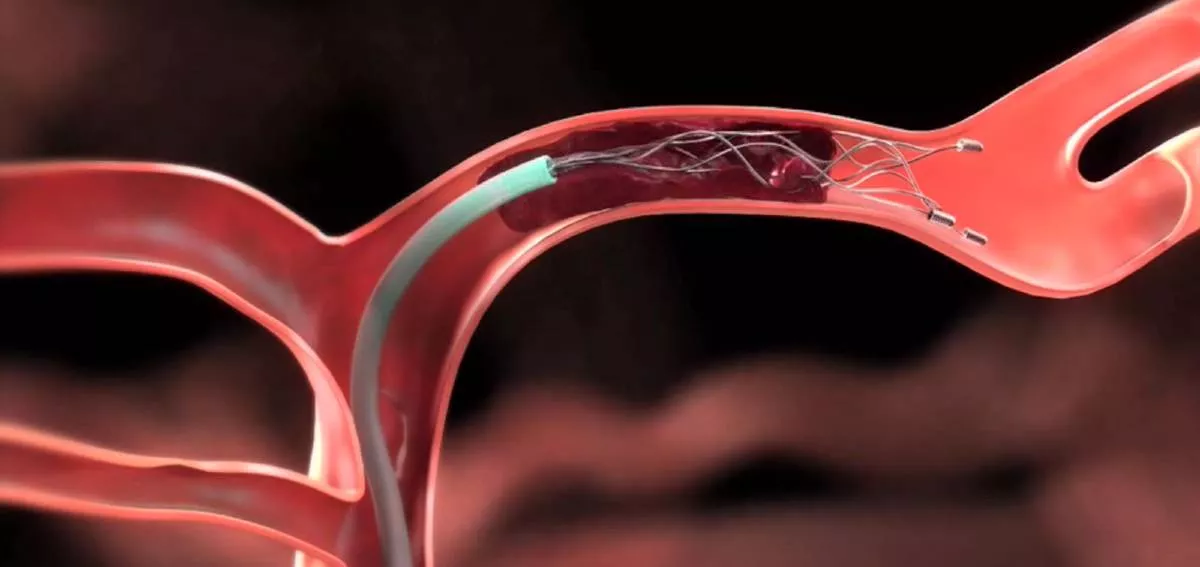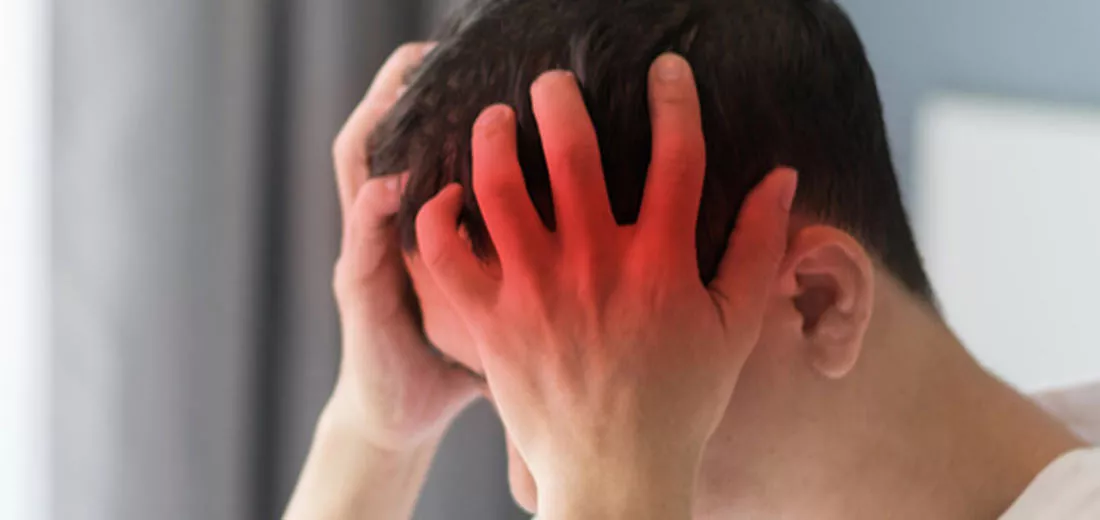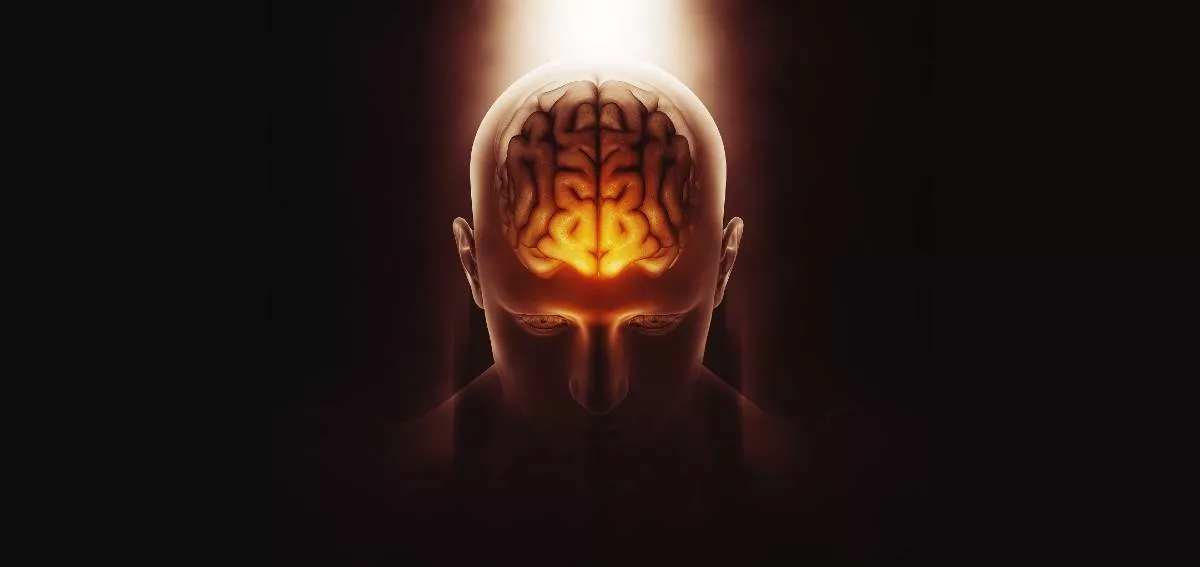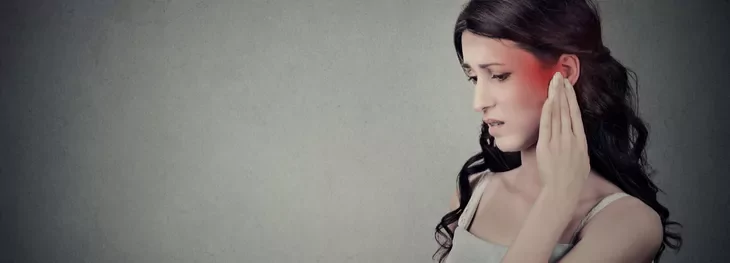by Maj. Gen. Dr.Somasundaram Kumaravelu Retd.
In-depth analysis of the neurological condition
To begin with, neurology is a branch of medicine that focuses essentially on the diagnosis and treatment of disorders involving the brain and other parts of the nervous system. The neurological system includes brain, spinal cord, cranial nerves, peripheral nerves, nerve roots, autonomic nervous system, neuromuscular junctions, and muscles.
This combined and complex system controls communication between the different parts of the body such as enabling movement, sensory perception, thought, etc.
If you have a neurological disease, it can leave a deep impact on you as well on the life of others who are related to you. Thus, it is of paramount importance to seek medical assistance from the best neurologist in Vijayawada and Guntur, Andhra Pradesh after you have developed any neurological disorder.
Are there any neurological symptoms?
The symptoms of the neurological disorder may vary on the basis of the type of disorder as well as the area of the body that has been affected. Furthermore, in some cases, you may experience emotional symptoms while in others it can be purely physical.
First, let us talk about emotional neurological symptoms
Many of us only get concerned once the physical symptoms of the disorder start to surface. However, it is important to understand that there are emotional symptoms as well that act as a cause of concern. For instance, you may experience mood swings or sudden emotional outbursts. Furthermore, people who suffer from neurological problems may experience depression or delusions.
However, it is safe to say that these symptoms could be a sign of other disorders and conditions as well. Nevertheless, it is always beneficial to seek help right away. You can put your trust in some of the best neurologists in Vijayawada.
Physical symptoms
Some of them are
- Seizures
- Decreased alertness
- Partial or complete paralysis
- Poor cognitive abilities
- Partial or complete loss of sensation
- Muscle weakness
- Face difficulty in reading and writing
- Unexplained pain
What is the reason behind neurological symptoms?
The cause behind the neurological conditions is as diverse as the nervous system itself. One of the most common origins of neurological symptoms is the peripheral nervous system. This transmits through sensory signals from the rest of the body to the central nervous systems i.e brain and spinal cord.
It is not uncommon that neurological symptoms can arise from one or several nerves. There are some symptoms like carpal tunnel syndrome that happens when the nerve is compressed and deprived of proper blood flow. Another common cause of neuropathies is diabetes, this is what results when nerve damage happens due to high blood sugar. Furthermore, neurological symptoms can also derive from autoimmune diseases, like lupus or Guillain-Barre syndrome, or from infection from viruses such as HIV or Epstein-Barr virus. Paralysis of recent onset ia presentation of stroke either because of blockage of blood vessel or rupture of the same.
Neurological symptoms caused by trauma
Some of the neurological symptoms can be triggered by trauma or injury like:
- Road traffic accident
- Gunshot wound
- Burns
- Physical assault
- Electrical injury
- Detachment of nerves from the spinal cord
- Fracture or dislocation of a bone
- Compression, crushing or severing of nerves
- Slipped vertebral disks or any other spine conditions
Who are some of the medical professionals who can treat nervous system disorders?
The best way to take care of nervous system disorders is with a team of highly skilled healthcare providers. It is possible that you may not need all the members of the team at the same time. However, it is good to know who they are and how they can offer help. You can find one of the best neurology doctors at the best neurology hospital in Vijayawada, Andhra Pradesh:
- Neurologist: Medical professionals who diagnose and treat nervous system disorders are known as neurologists. Some neurologists even treat acute strokes and cerebral aneurysms by using endovascular techniques.
- Neuroradiologists: These are people who specialize in diagnosing the nervous system with the help of imaging. They can help treat various nervous system conditions like cerebral aneurysms, vertebral fractures, and acute strokes. Furthermore, they can also help in doing biopsies of certain tumours.
- Neurosurgeons: These are surgeons who operate as a treating team to cure nervous system disorders.
- Psychiatrists: These are doctors who deal with patients who have emotional and behavioural symptoms that can be caused by nervous system disorders. Usually, for patients, talk therapy works best. However, if you need medicines to help treat symptoms like anxiety or depression, then this doctor is your go-to person.
- Psychologist: Mental health problems like depression, mood swings, anxiety, and irritability are very common if you are suffering from a nervous system disorder. In helping deal with the same, psychologists play a major role. They also conduct talk therapies that will help you deal with the emotional effects.
- Physical therapist: A person who is physical therapist can help you move and walk efficiently. In physical therapy, you also get the opportunity to work on painful or stiff muscles or joints.
- Speech/language pathologist: This person specializes in communication which also includes cognitive-communication. A team of pathologists can also help diagnose and treat swallowing problems as well.
When should you see a doctor?
It is of significant importance to consult at the best multi-specialty hospital in Vijayawada, Andhra Pradesh if you or someone you know are showing any symptoms of a neurological condition. To be sure, these symptoms can be associated with other medical conditions as well. In such a situation, early intervention may be vital to resolve the underlying problem as soon as possible
